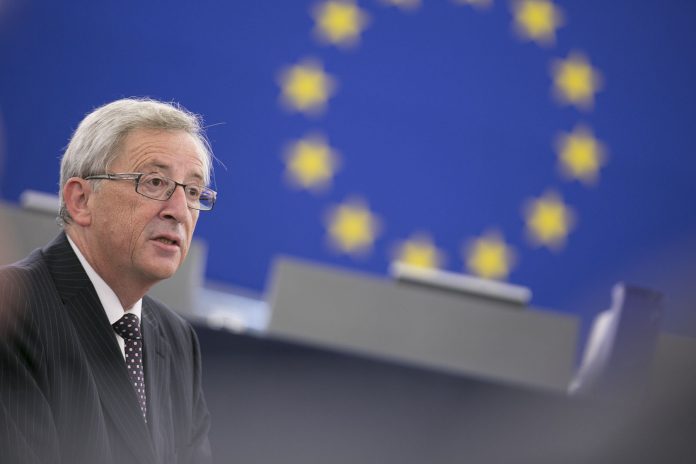British and European Union leaders did not clinch a deal on December 4, but they said they were nearing a final bargain in the negotiations.
The two sides discussed numerous issues, from what Britain will pay before exiting to a special status for Northern Ireland.
As reported by The Washington Post, British leaders were being pushed toward Europe’s demands after long vowing otherwise.
A bargain would pave the way for London to start negotiating its future trade relationship with the remaining 27 EU nations. But the emerging terms of the agreement raised questions about how British Prime Minister Theresa May would convince her own divided public about the best way forward.
“We were narrowing our positions to a huge extent today thanks to the British prime minister,” said European Commission President Jean-Claude Juncker in brief remarks following the inconclusive lunchtime bargaining session. “This is not a failure, this is the start of the very last round. I’m very confident that we will reach an agreement in the course of this week.”
May also tried to put a good face on the talks, which she had to interrupt for phone calls with furious political factions in London.
“Both sides have been working hard in good faith,” May said. “I am also confident that we will conclude this positively.”
But May was forced to leave a day of Brussels meetings with no deal in hand following sharp objections from political forces back home. She promised consultations in London.
According to The Washington Post, the defeat is a reminder that the British prime minister is not just negotiating the exit with the Europeans but within her own party, with hard and soft Brexiteering Tories, and with Wales, Scotland, Ireland, Northern Ireland and the London mayor.
The Brexit bill of up to $65bn will anger pro-Brexit leaders who want Britain to crash out of the bloc without paying a cent, for example.
A floated pledge that Northern Ireland would be kept in regulatory “alignment” with the EU to avoid rekindling sectarian violence there raised immediate questions from pro-EU Scottish and London leaders who asked why they could not have similar deals for themselves.
The fate of some 3m EU citizens living in Britain is another contentious issue between European and British negotiators. EU leaders want guarantees that citizens who moved to Britain will have the same rights as before the breakup — and they want the European Court of Justice in Luxembourg to have the final word to make sure Britain keeps that pledge.

